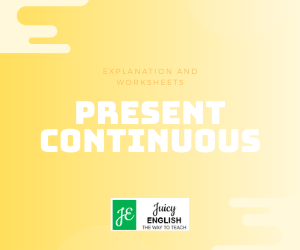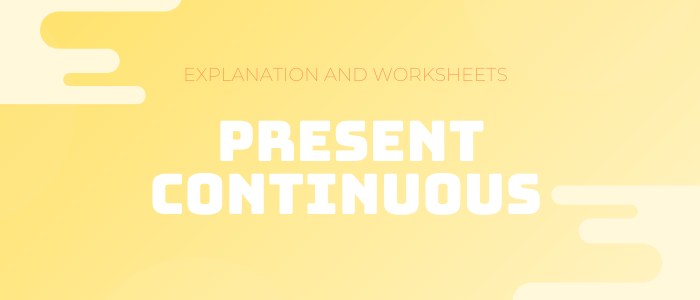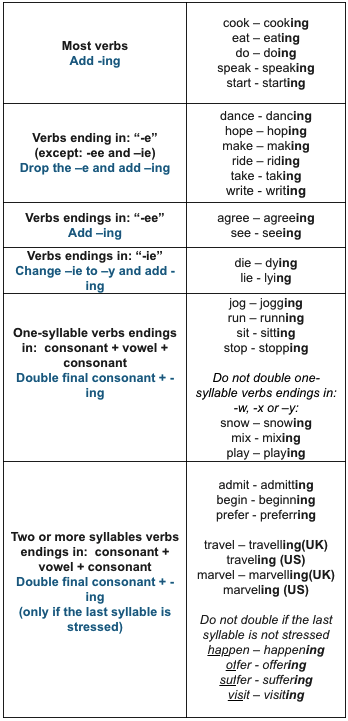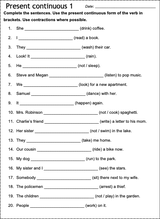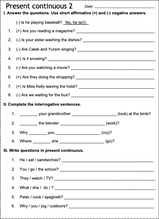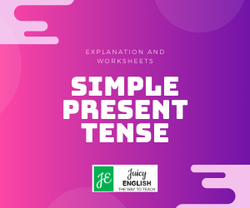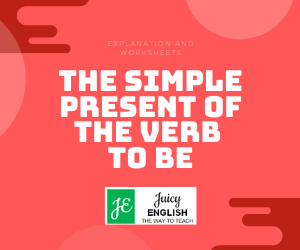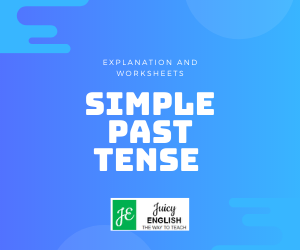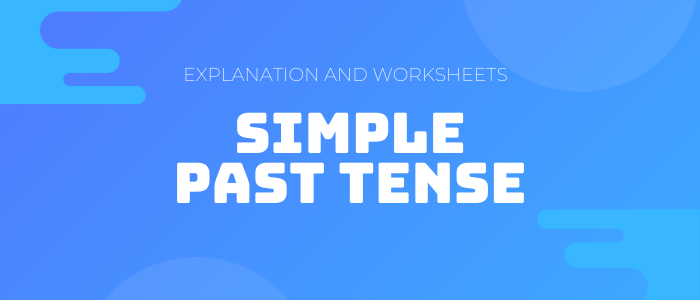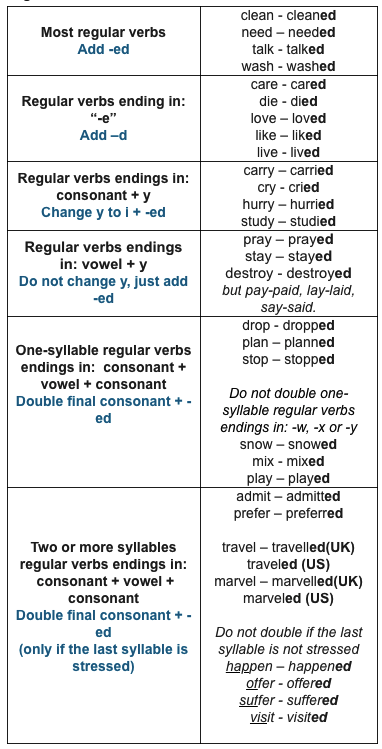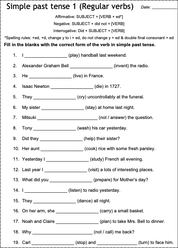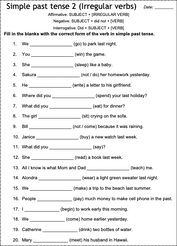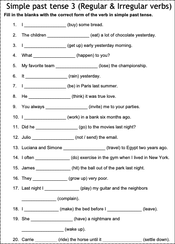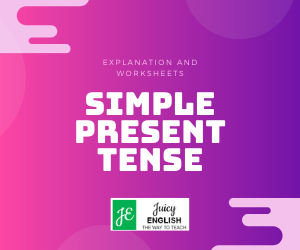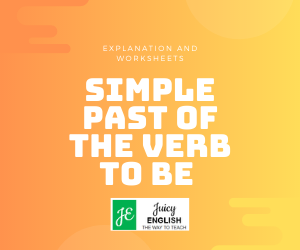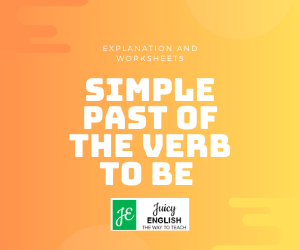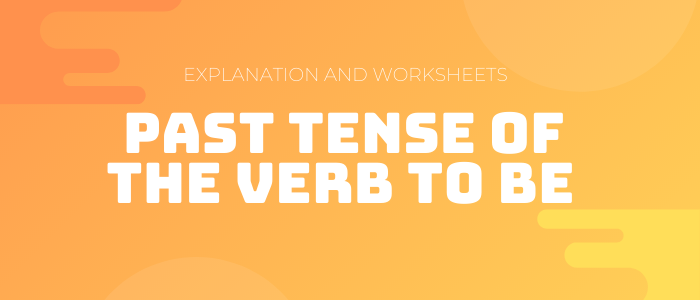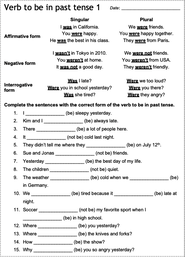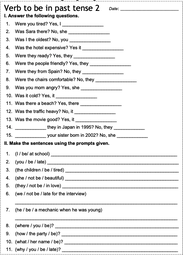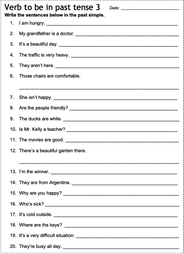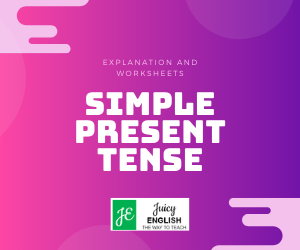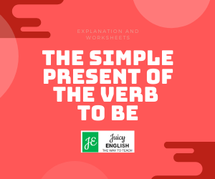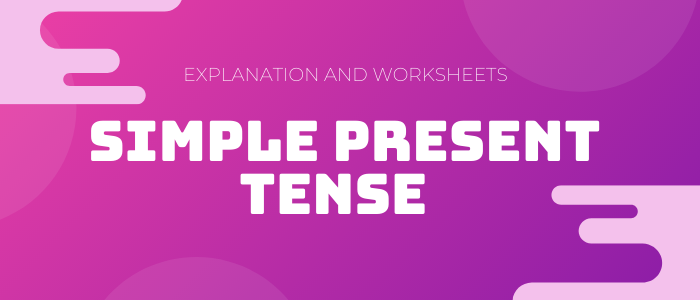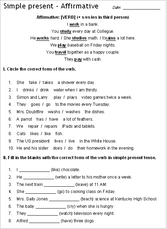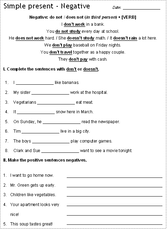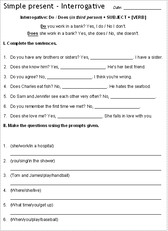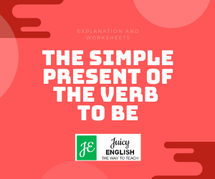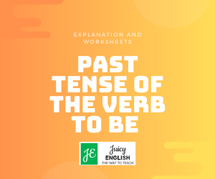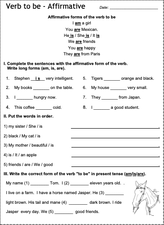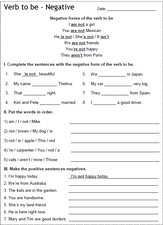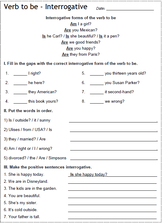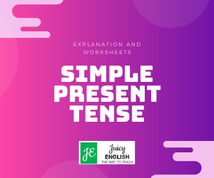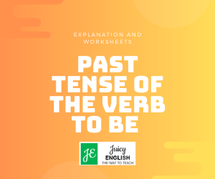Affirmative: (am/is/are) + [VERB + ing]
Examples:
- I am watching TV now.
- You are practicing English at the moment.
- He is working at the office right now.
- She is playing volleyball.
- It’s raining today.
- We are looking for a new apartment.
- You’re studying mathematics.
- They’re thinking about buying a house.
Negative: (am/is/are) + not + [VERB + ing]
Examples:
- I’m not reading the newspaper right now.
- He’s not writing a letter.
- It’s not snowing today.
- They are not doing their homework.
Interrogative: (am/is/are) + SUBJECT + [VERB + ing]
Examples:
- Are you going to the hospital? Yes, I am / No I’m not.
- Is he working today? Yes, he is / No, he isn’t.
- Isn’t she coming to the dinner? Yes, she is / No, she is not.
- Is the computer working? Yes, it is / No, it’s not.
- Are they coming? Yes, they are / No, they are not.
You can add a question word (what, where, who, why, etc.) before the verb to be (am, is, or are) to ask for more information.
Examples:
- What are you doing? I’m eating chocolate.
- Where is Santiago going? He’s going to the supermarket.
- Who are playing chess? Brian and Richard.
- Why is she crying? She fell down from her bicycle.
Spelling rules for [VERB + ing]
Here are the spelling rules:
